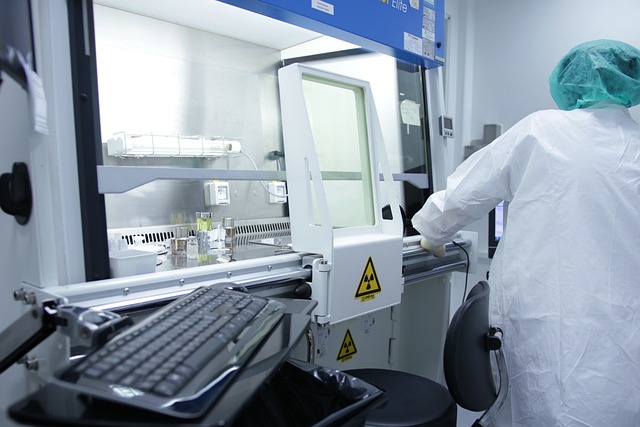By Nick Magnuson, Head of AI at Qlik
The healthcare industry, like many other industries, has found 2023 a challenging year. Rising costs, inflation and supply chain issues have all impacted the sector – but adopting AI and machine learning can allow healthcare organizations to keep supporting people and saving lives, even during tough times. The transformative potential of AI and ML for the healthcare industry has even been noted by the World Economic Forum. It has identified that AI will propel the development of drugs and vaccines forwards, as well as improve medical diagnosis and treatment. AI and ML can also be applied to any stage of the value chain, which can ultimately boost efficiencies across overall healthcare systems.
In all orginsations, leading with data and using its insights to build a formal strategy, should be something that the healthcare industry embraces and uses within its business model. While there are more concerns for privacy and security within healthcare, this shouldn’t put organisations off implementing these strategies. For example, highly regulated industries such as finance have taken great strides when it comes to implementing data and AI in a way that doesn’t compromise a business’ security as they have taken a gradual approach with great care. McKinsey’s analysis of data from the banking sector shows that digital and AI transformations created bottom-line value. The healthcare industry can achieve similar results by applying AI into its systems thoughtfully with care and purpose to improve the overall care for patients.
Moving on from legacy systems in healthcare
Healthcare is an industry with great digital promise, but one that has traditionally been hamstrung by its largely legacy IT systems and data practices. This is compounded by IT staff shortages and budget constraints. According to Gartner, top items for increased investment in healthcare include cybersecurity, business intelligence/data analytics and cloud platforms. However, without the supporting IT staff many healthcare systems lag in technological advancement.
Modernising processes and technology in healthcare is also difficult because the margin of error in healthcare is slim to none – many times involving life-or-death scenarios. This means that experimentation and trialling technology is not a common or widely viable option. Additionally, with the immediate and growing financial demands surrounding patient care delivery, executives aren’t always willing allocate budget to new initiatives where the use case isn’t crystal clear. This means that adoption of any new technology must be easy to implement, extremely reliable and provide fast results immediately.
Providing better healthcare with AI
For an industry built on patient experience, the promise of what AI and ML can deliver is significant. Healthcare systems have an enormous amount of personalised data that could be compared or contrasted with the vast amounts of external studies to design more effective treatments and staffing. The only way this data becomes useful, however, is if a solid data strategy is in place to harness it for action. AI and ML can help immensely in this area. Healthcare companies can better manage patient care by forecasting patient admission and readmissions, and leverage insights to design precision medicine and preventative strategies, not to mention the operational efficiencies.
Exploring “what-if” scenarios is at the heart of making predictions, and is one of the most impactful ways that AI and ML are being applied in modern medicine today. It reduces provider burden and clinical variation by leveraging statistical techniques that learn from large amounts of training data. For example, when looking to improve patient care, AI and ML can help predict what kind of treatment plan will be most successful, based on their unique characteristics and situation as compared with other patients. In the case of assessing urgency of care, it can identify gaps in medical history and predict which patients need care first. Appalachian Regional Healthcare (ARH) saw this firsthand, utilising Qlik AutoML and Qlik Cloud to better identify at-risk patients and encourage them to keep appointments. There are numerous other use cases on the care side and of course on the operational side – such as reducing time-consuming administrative tasks from physicians, like documenting appointment notes and summaries as just one example.
Creating a healthcare system that is smarter and simpler
Everyone can benefit from a healthcare system which is driven by data. Taking this approach will help not only patients but also healthcare providers, with readily available and accurate insights to support decision making. When applied in a safe, compliant and controlled way, AI and ML technologies can have a massive impact for both staff and patients. Implementing AI and ML will speed up the operations within healthcare enabling patients to receive the correct attention and care when needed.







